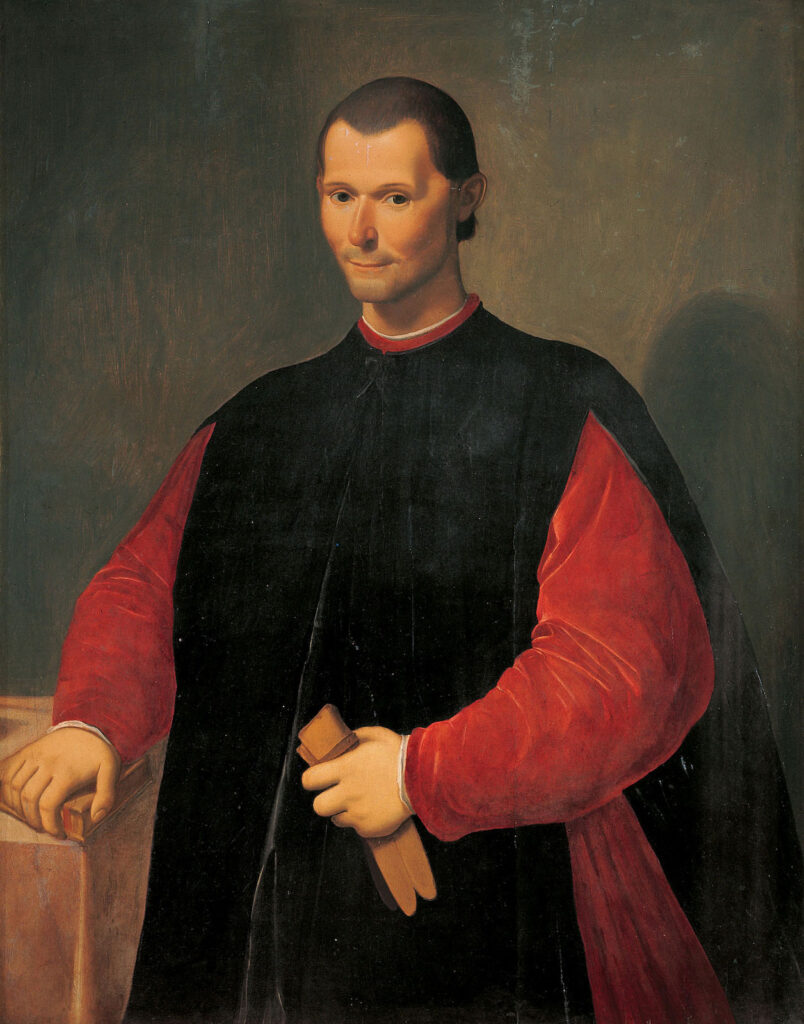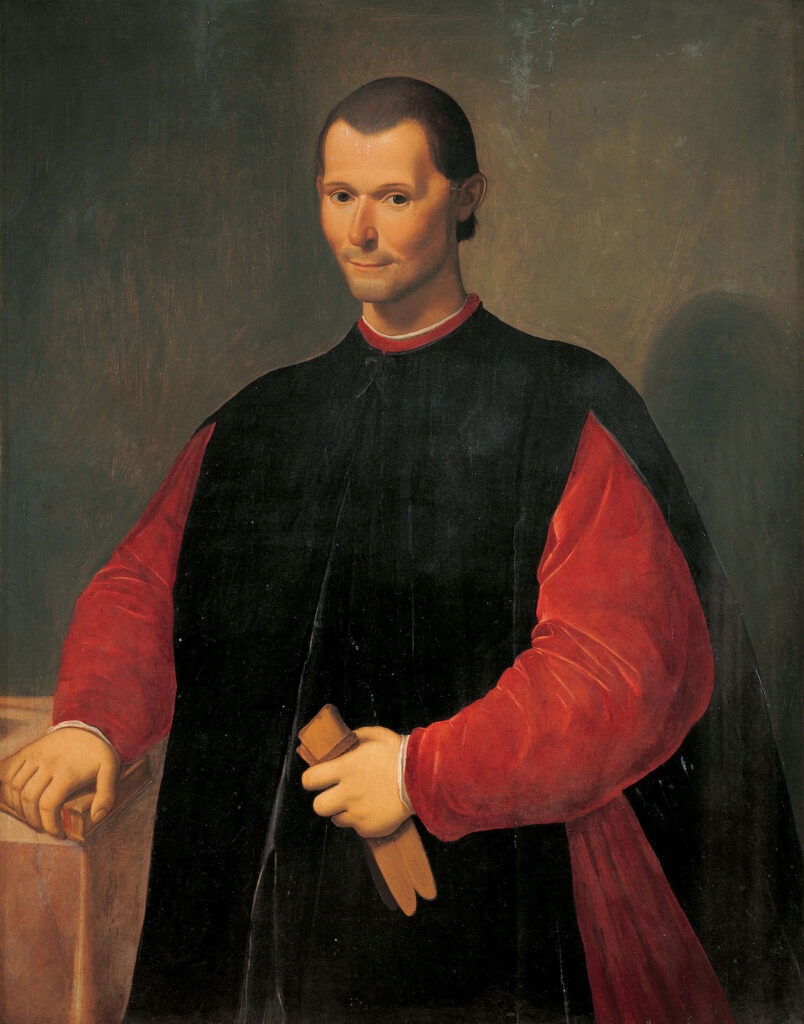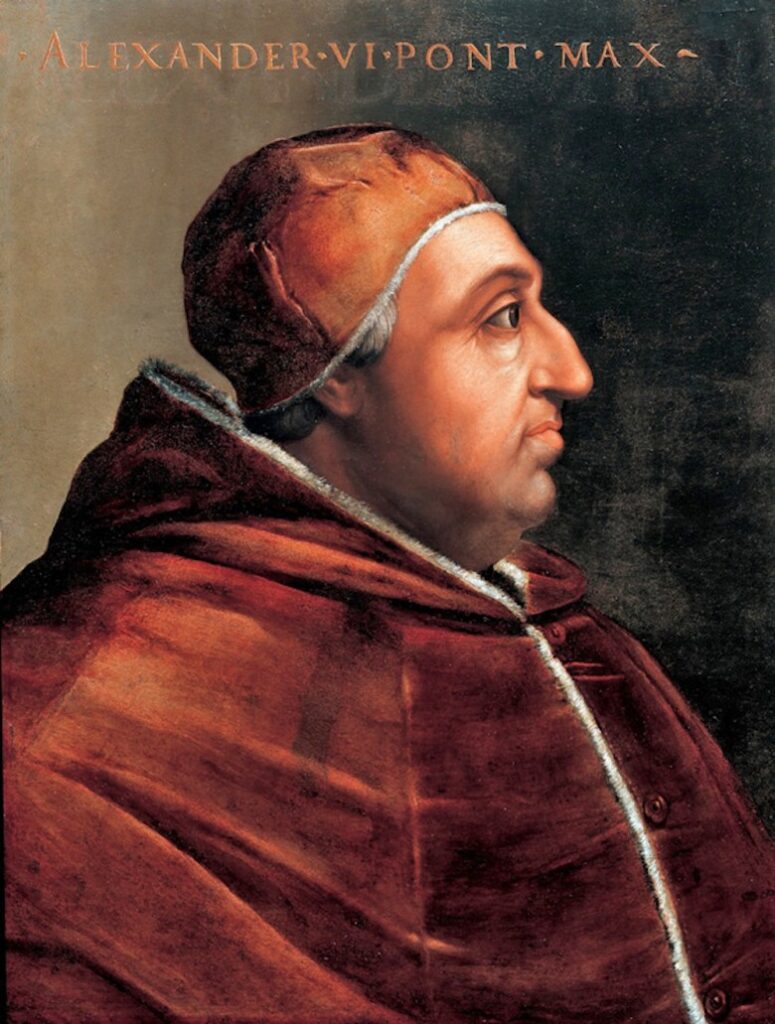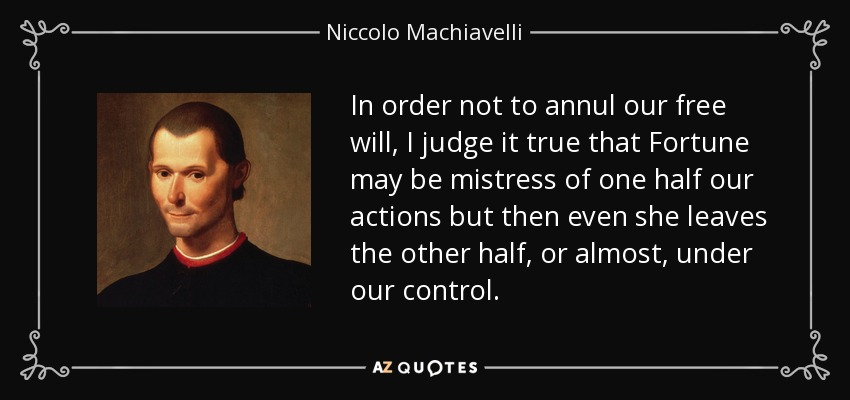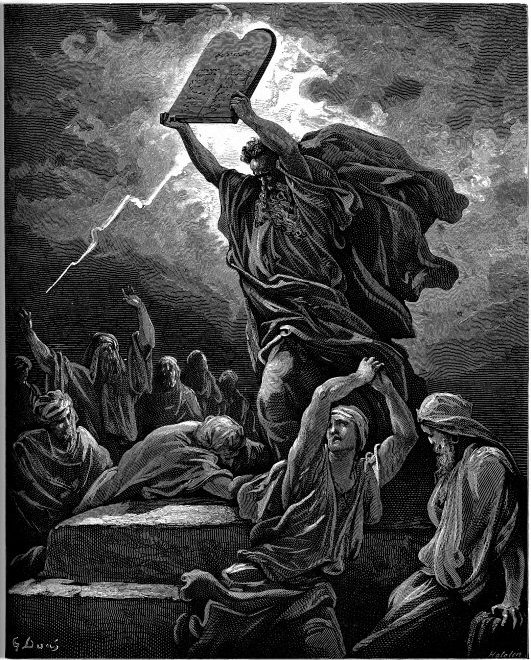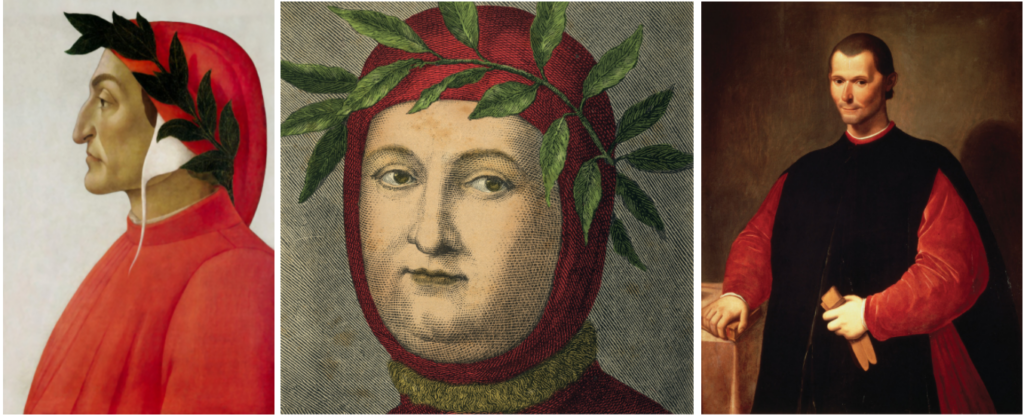
Religion is mentioned in the works of Dante Alighieri, Francesco Petrarca, and Niccolò Machiavelli. Religion is the belief in a God or Gods by a group of people. During the time of Machiavelli and Dante, there was religious and political unrest. Dante lived during the conflict between the pope and emperors. People who backed the pope are known as Guelphs, whereas those who backed the emperor are known as Ghibelline. Petrarch was a Christian who was religious. In their writings, Dante, Machiavelli, and Petrarca all portray religion in different ways.
The concept of Dante’s “The Divine Comedy” is deeply religious. It discusses inferno, paradisio, and purgatorio, which are all aspects of the Christian afterlife. Sinners are punished by God in Dante’s inferno with a penalty according to their sin. This is called contrapasso. This is how he constructs the good versus evil narrative in his work. Evil is punished and good is praised. For example in canto 25 of inferno, the souls of thieves are being punished by having their physical form merge into a serpent. Dante writes that “At the end of his words the thief raised his hands with both the figs, crying: “Take them, God, I’m aiming at you!” From then on snakes have been my friends, because one of them wrapped itself around his neck…”( Canto 25, line ). This shows that Dante is in agreement with the justice that is displayed to the sinners. The line “From then on snakes have been my friends” suggests that Dante thinks the sinners deserved to be punished. This also shows the use of contrapasso. Since the thief stole other people’s belongings, they are punished by taking the only thing they have left, their human form. Furthermore, canto 5 also shows how evil gets punished. In this canto, the spirit Francesca had an affair with her husband’s brother Paolo. Her husband kills both of them. They both weep as the story is being told. Their punishment is an “infernal whirlwind, which never rests, drives the spirits before it’s violence..”. Their sin was lust. This punishment was formed to leave them in their passion as their in the wind forever. Dante feels bad for them as they tell the story. This demonstrates that, while they had a love for each other, they still did something wrong. They must be punished for it.
Petrarca’s Il Canzoniere depicts his struggle with devotion to God. Throughout his sonnets, he sees God as someone to be followed. Petrarch, unlike Dante, does not feel that love is a good thing. He regards it as a distraction from his devotion to God. His account of his sentiments for Laura demonstrates the conflict between love and God. He believes that other possessions are a distraction as well. In canzone 81, Petrarch writes that “ I am weary under the ancient burden of my sins and evil ways, That I fear I shall faint beside the road and fall into the hands of my enemy”(paragraph 1). This line expresses Petrarch’s fear of straying away from God and “fall into the hands of my enemy”. He’s worried that his old sins will ruin his reputation with God. He is so consumed with being good that he is constantly distressed about making a mistake. Furthermore, he sees his love for Laura as something that can threaten salvation. For example, in canzone 264, Petrarch expresses his pity for loving Laura so much. He states “I’m always thinking, and I’m caught in thought by such abundant pity for myself that often I am led to weeping for a different kind of grief:” (paragraph 1). This shows Petrarch reflecting on how his love may have cost him. He is in agony over it.
Religion is not taken as seriously in Machiavelli’s “The Prince” as it is in Dante’s and Petrarch’s works. He advises leaders not to adhere to religion but asserts that it is beneficial to their appearance. Machiavelli was not a religious man and even criticized it. He believes that it is important to be immoral and violent when it’s necessary. For example, in chapter 11, Machiavelli states that “It only remains now to speak of ecclesiastical principalities, touching which, because they are acquired either by capacity or good fortune, and they can be held without either, for they are sustained by the ancient ordinance of religion, which are so all-powerful” (paragraph 1). This displays Machiavelli’s sarcastic tone towards religion by referring to it as “which are so all-powerful”. He doesn’t believe that they can effectively defend their states with the rules of religion. He thinks that ecclesiastical principalities cannot defend. In religion, morality is too important. This morality can influence the ruler’s decision in negative ways.
Dante, Petrarch, and Machiavelli all have different perspectives on religion. Dante and Petrarch share the same belief in the importance of following God. Petrarch shows more of his struggles with God than Dante. Machiavelli does not place the same value on religion because it is ineffective for ruling. Machiavelli places very little value on the benefits of religion. How does he feel about the community being religious? Can Machiavelli and Dante relate to the corruption in religion since they were born in Florence? Dante has written other works in reference to God and religion. He’s focused on the unpredictableness of God in Il Convivio, De Monarchia, and the “Letter to Can Grande.”
Marciano, Lisa. “‘Our God Is a God of Surprises’: The Mystery of God in Dante’s Writings.” Christianity & literature 68.4 (2019): 580–604. Web.
Dante Alighieri, Dante et al. The Divine Comedy of Dante Alighieri: Inferno. Cary: Oxford University Press USA – OSO, 1996. Print.
https://www.gutenberg.org/files/1232/1232-h/1232-h.htm#pref01
Petrarca, Francesco, 1304-1374. Petrarch’s Canzoniere in the English Renaissance. Amsterdam ; New York :Rodopi, 2005.

